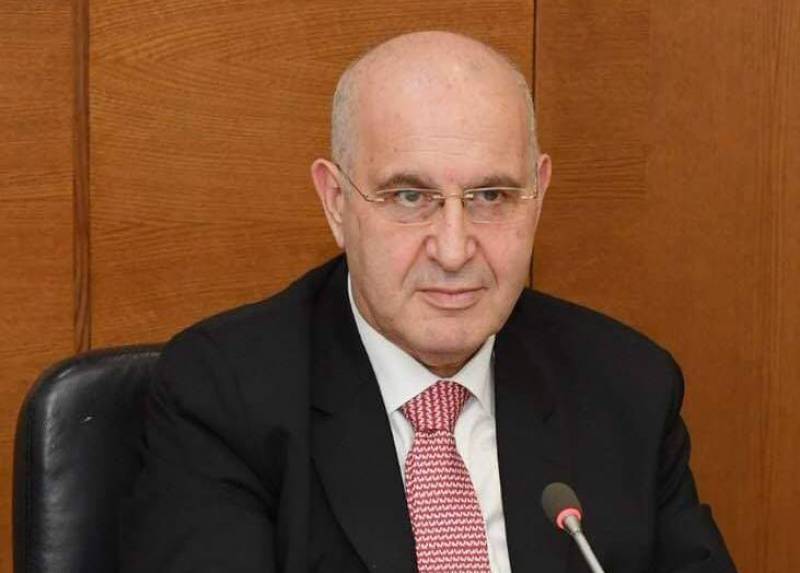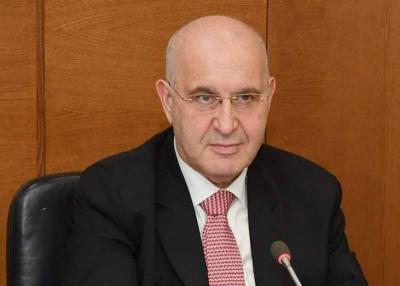The head of the parliamentary health committee, Dr. Assem Araji, considered that the three-week lockdown achieved somewhat positive results.
In a statement to "Lebanon 24," Araji observed that the country is capable of overcoming this phase and defeating Corona, provided that there is an increase in awareness and if the state fulfills its responsibilities and implements the measures, stating, "Prevention is better than a ton of treatment." Araji clarified that infections had crossed the 5,000 threshold before the lockdown, whereas medical forecasts suggested that the Corona tally could soar to 8,000 or 9,000 daily infections if the lockdown had not been enforced. Naturally, the number of severe cases entering intensive care units rises as the number of positive tests increases. The concerning factor is that the positivity rate remains high, currently at 22% of total tests, which is a negative indicator.
Regarding the number of deaths that remained elevated during the lockdown, reaching up to 80 cases on some days, Araji attributed this to infections that had occurred prior to the lockdown. He pointed out that the duration of stay for some patients in intensive care can extend for long periods, possibly up to two months. Therefore, the total deaths cannot be fully attributed to the lockdown period but rather to the time preceding it, especially during the holidays.
Araji announced that vaccines will arrive in Lebanon in mid-February, but the start of the vaccination campaign does not mean that the Corona crisis will end the next day. In this regard, he explained, "Those who receive the vaccine need a month to build immunity, specifically in the second week after receiving the second dose. Moreover, community immunity is only achieved when 80% of residents in Lebanon, whether Lebanese or of other nationalities, are vaccinated. Thus, receiving the vaccine does not allow for discarding face masks, social distancing, avoiding gatherings, and all preventive measures, which should continue throughout this year."
In response to the question of whether those who have contracted the virus should get vaccinated, Araji said, "Of course, they should get the vaccine, as being infected does not provide permanent immunity. Recent research in this area has indicated that an infected person only gains immunity for six months after infection. The decision taken is to vaccinate those who have been infected three months after their infection."
He concluded by stating that vaccination is optional, not mandatory, "but it is an individual responsibility that citizens must bear to protect themselves, their families, and their surroundings. The countries of the world are striving to vaccinate their populations to ensure community protection."




